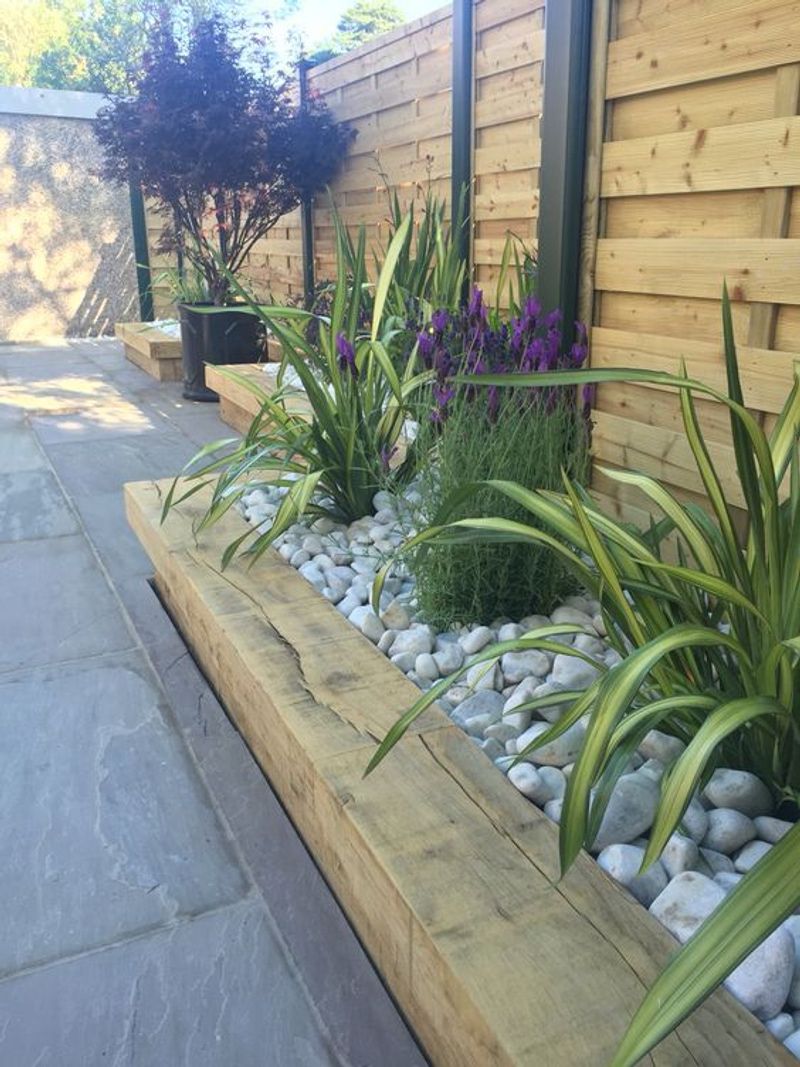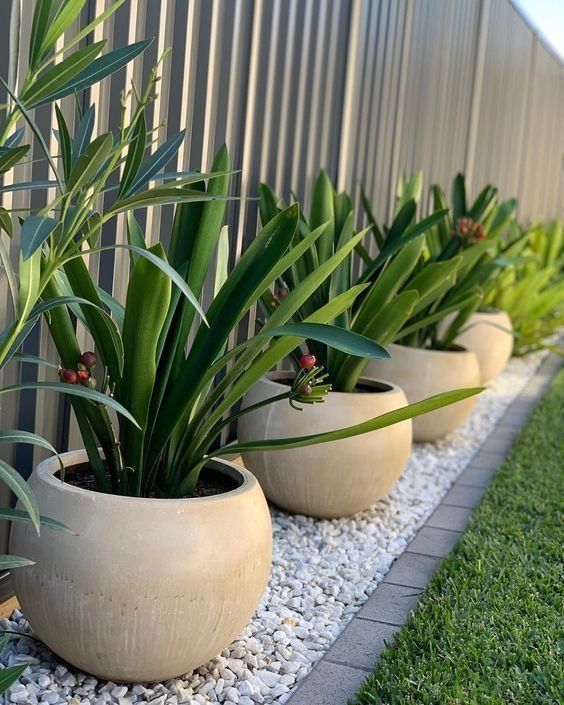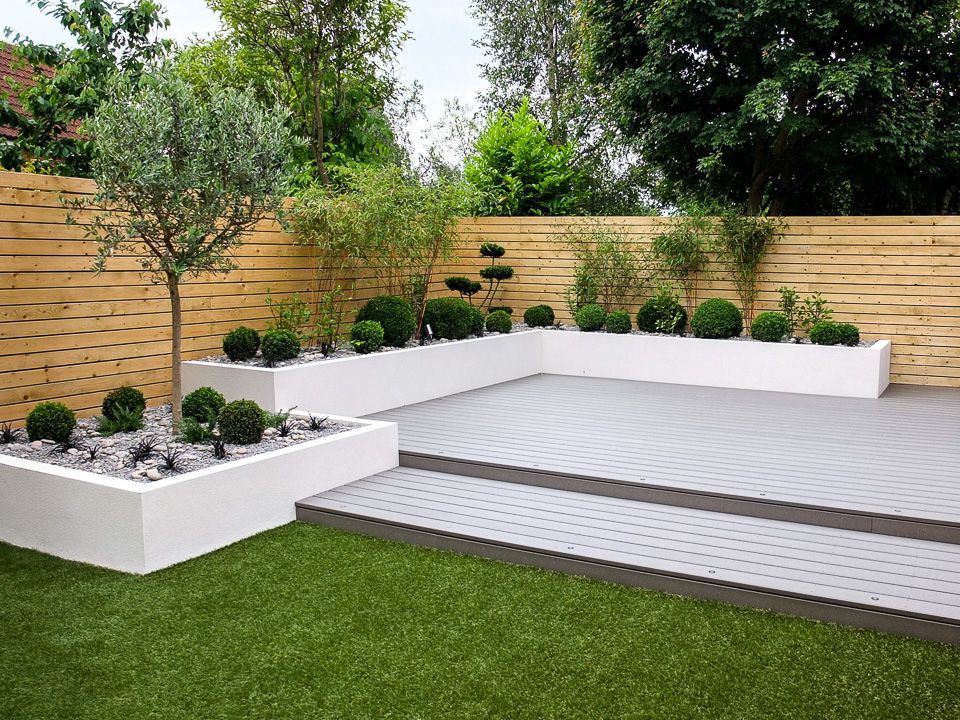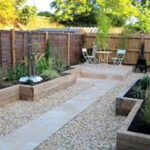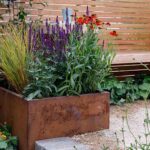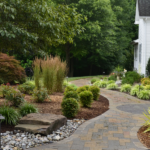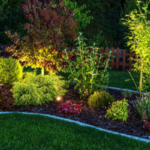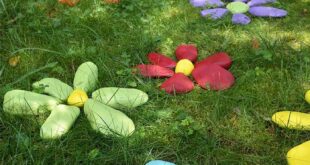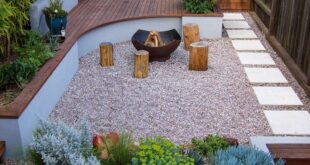Gardening is a rewarding hobby, but it can also be time-consuming and labor-intensive. For those who are looking for low-maintenance garden ideas, there are plenty of options to choose from that will still allow you to enjoy a beautiful and thriving outdoor space.
One way to create a low-maintenance garden is to choose hardy, drought-resistant plants that require minimal attention. Succulents, such as cacti and agave, are excellent choices for dry climates and don’t need to be watered frequently. Other low-maintenance plants include lavender, yarrow, and ornamental grasses, which require little water and can thrive in a variety of soil conditions.
Another idea for a low-maintenance garden is to plant perennial flowers and shrubs that come back year after year without needing to be replanted. Plants such as daylilies, coneflowers, and butterfly bushes are easy to care for and will reward you with beautiful blooms season after season. Additionally, planting a mix of different types of plants can help create a diverse and visually appealing garden that requires minimal upkeep.
Incorporating mulch into your garden can also help reduce maintenance by suppressing weeds, retaining moisture, and adding nutrients to the soil. Organic mulches, such as wood chips or shredded leaves, can break down over time and improve the overall health of your garden. Mulching around trees, shrubs, and flower beds can help create a tidy and low-maintenance landscape that looks great year-round.
For those who want to minimize the amount of time spent mowing and trimming, consider adding a variety of hardscape elements to your garden. Stone or gravel paths, patios, and raised beds can add visual interest while reducing the amount of lawn that needs to be maintained. Additionally, incorporating low-maintenance features such as decorative rocks, sculptures, or water features can create a focal point in your garden without requiring constant upkeep.
Finally, consider creating a wildlife-friendly garden by incorporating native plants that attract birds, butterflies, and beneficial insects. By promoting biodiversity in your garden, you can help reduce the need for pesticides and artificial fertilizers while creating a balanced and self-sustaining ecosystem. Adding bird feeders, nesting boxes, and water sources can also help attract and support wildlife in your garden, bringing a sense of joy and tranquility to your outdoor space.
 yishifashion Where Outdoor Dreams Become Reality
yishifashion Where Outdoor Dreams Become Reality
